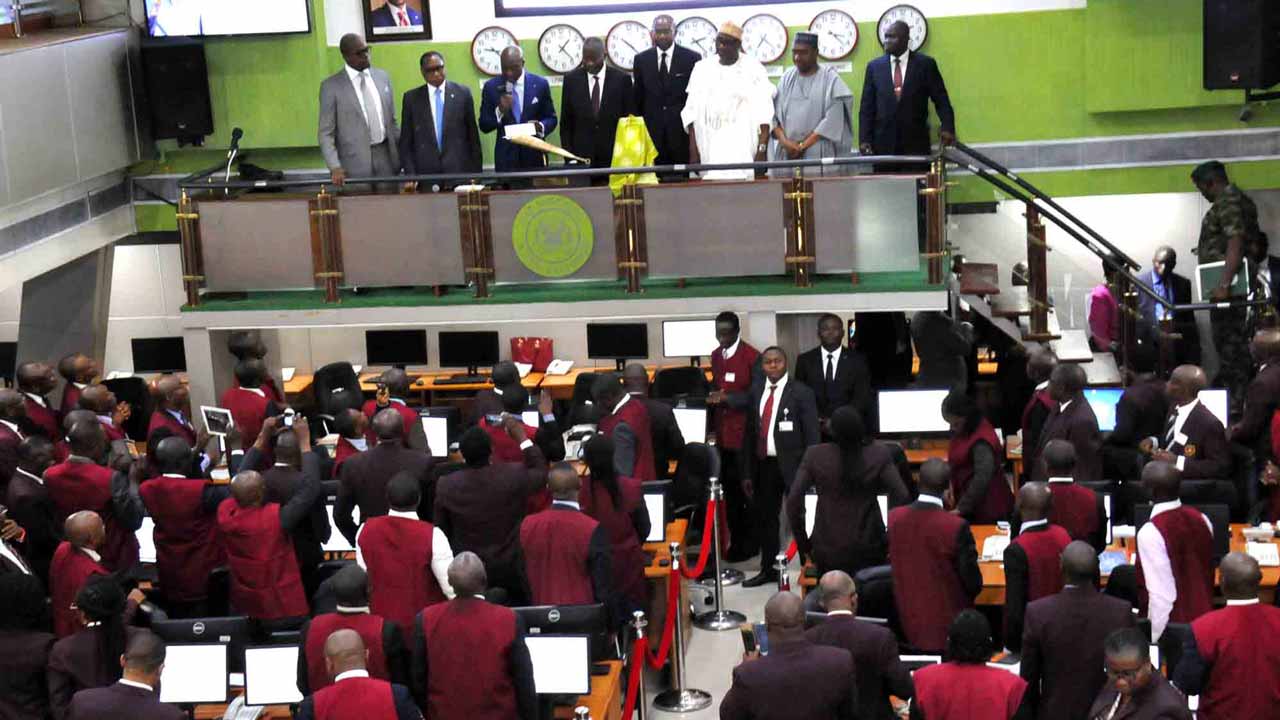Following the release of the July World Economic Outlook (WEO) update by the International Monetary Fund (IMF), analysts at Cowry Asset Management Company have expressed cautious optimism about the global economic environment.
They warned that while recent data reflects an incremental improvement in the global growth trajectory, underlying fragilities continue to cloud the economic outlook.
They noted that Nigeria and its peers in emerging markets could leverage the evolving global conditions if domestic reforms are not only sustained but also accelerated.
According to Cowry Asset, the WEO’s latest projections showed a marginally brighter global outlook, supported by easing inflationary trends and a modest upturn in growth forecasts.
However, the analysts argued that the improvements remain precarious and could unravel rapidly in the face of unresolved global uncertainties.
They stressed that the durability of the current momentum is still highly conditional on key variables such as the direction of international trade flows, the timing and magnitude of global monetary policy adjustments and how the resolution of geopolitical tensions plays out in the coming months.
In their view, emerging markets and developing economies, especially Nigeria, stand at a critical juncture where external macroeconomic alignments may work in their favour.
They identified three main global trends that could prove beneficial to Nigeria’s economic trajectory. They are deceleration in global inflation, a weakening U.S. dollar and a pace of global economic growth.
They believe the actors are creating a rare and delicate window for countries like Nigeria to stabilise their economic fundamentals and reignite foreign capital inflows.
However, they noted that the benefits of the global shifts would not materialise automatically.
They said Nigeria must commit more decisively to the path of structural and policy reforms if it intends to capitalise on the favourable external environment.
In particular, they highlighted the need for consistent and transparent monetary policy, accelerated efforts to unify the foreign exchange regimes and strategic fiscal adjustment to narrow deficits, as well as fostering a more investor-friendly climate.
